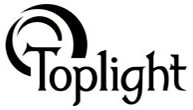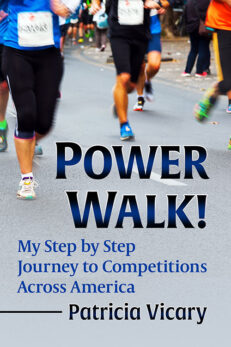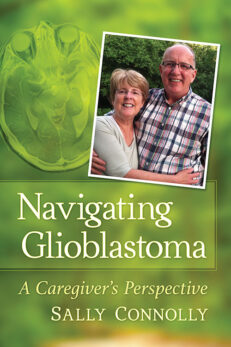
We’re wrapping up the editorial work on Edlyn Vallejo Peña’s Communication Alternatives for Autism and preparing to pass the manuscript to the production department.
This collection makes a particularly compelling argument for the use of communication methods that have given all ten essayists access to a voice that was previously inaccessible: their own. Each chapter is unique, with the exception of two common refrains. Every story includes a hard-won battle for equal access to education and a passionate attempt to make such access universally available for others with autism. In our society schools often equate being nonverbal with a lack of intelligence. Today we offer a few sneak preview excerpts to demonstrate that there is nothing further from the truth.
“Placement in the disability hierarchy is based on how you communicate. Clear verbal speech is on top, hard to understand verbal speech is in the middle and no verbal speech is at the bottom. Your placement in the hierarchy usually determines your access to education and community. This disability hierarchy exists everywhere: in society, classrooms, hospitals, work, and in families. It is even in the disability community. Every day, false assumptions about intelligence and communication deny life opportunities.” From “Expectations” by Henry Frost
“When I think of what I want for others, it falls on having fewer obstacles like the ones that I have faced. I would like to see other spellers and typers supported instead of battled. I would rather see the system of effort work toward propelling forward the outmoded methods of trying to teach students with autism. It would be great to see a school where the only thing to struggle against is our autism.” From “Letter by Letter” by Dillan Barmache
“I am exuberant, overflowing with energy. I’d rather gallop than walk, bounce than sit quietly. I’m happiest with high volume, intense beats, jumping, arms flailing, pounding bass, total darkness or bright stage lights and a microphone in hand. I want people to hear me. I am as versed in making silly faces as I am in my favorite songs and my neurology. My mind is lightning fast, hungry, logical. I’m a seeker, determined, a lover of laughter in a body trying to keep up. It can’t, but I’ll keep trying.” From “I am Emma” by Emma Zurcher Long



